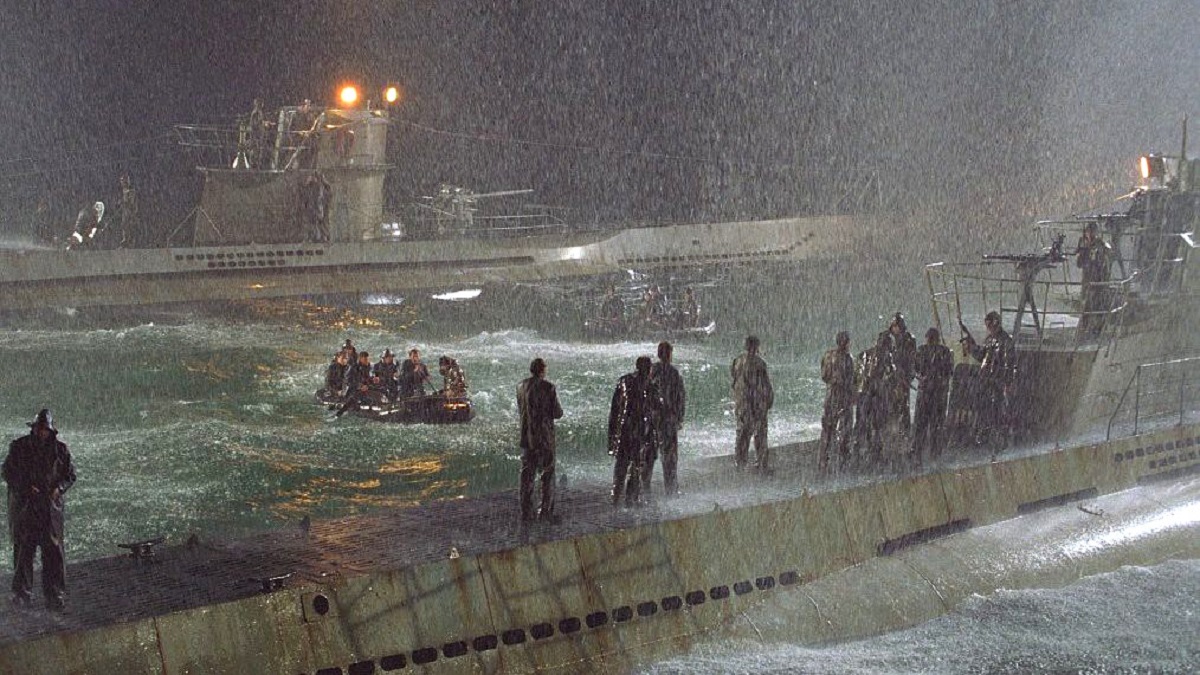For the most part, any historical epic either inspired by or based on real-life events draws plenty of inspiration from the actualities in order to spin a gripping story. Ignoring that in spectacular fashion, director Jonathan Mostow’s U-571 decided to tell its own version of a pivotal period in World War II, and got absolutely incinerated as a result.
That’s not to say it sank the submarine thriller’s chances of success, though, seeing as it would go on to bring in $127 million at the box office and win an Academy Award for Best Sound Editing. And yet, to say the backlash was vociferous would be putting it lightly, with governments even getting involved to try and drown the way the tale was told.

In the midst of a session at parliament, then-Prime Minster of the United Kingdom Tony Blair utterly destroyed U-571 as an “affront to the memories of the British sailors who lost their lives on this action,” while scholars and historians were equally up in arms about an essentially all-American squad being painted as the figures who turned the tide of World War II.
Of course, it’s a motion picture that has every right to exercise creative license, but you’d have thought the people involved would have at the very least been acutely aware that they were inviting criticism for taking such liberties with a hugely important event. Either way, U-571 was a hit by any measurable metrics, one that’s not viewed streaming success through its periscope.
Per FlixPatrol, the unflinchingly inaccurate wartime blockbuster has risen to the surface of the iTunes global rankings, hopefully avoiding the depth charges of denigration now that more than 20 years have passed since its release.











Published: Apr 18, 2023 02:52 am